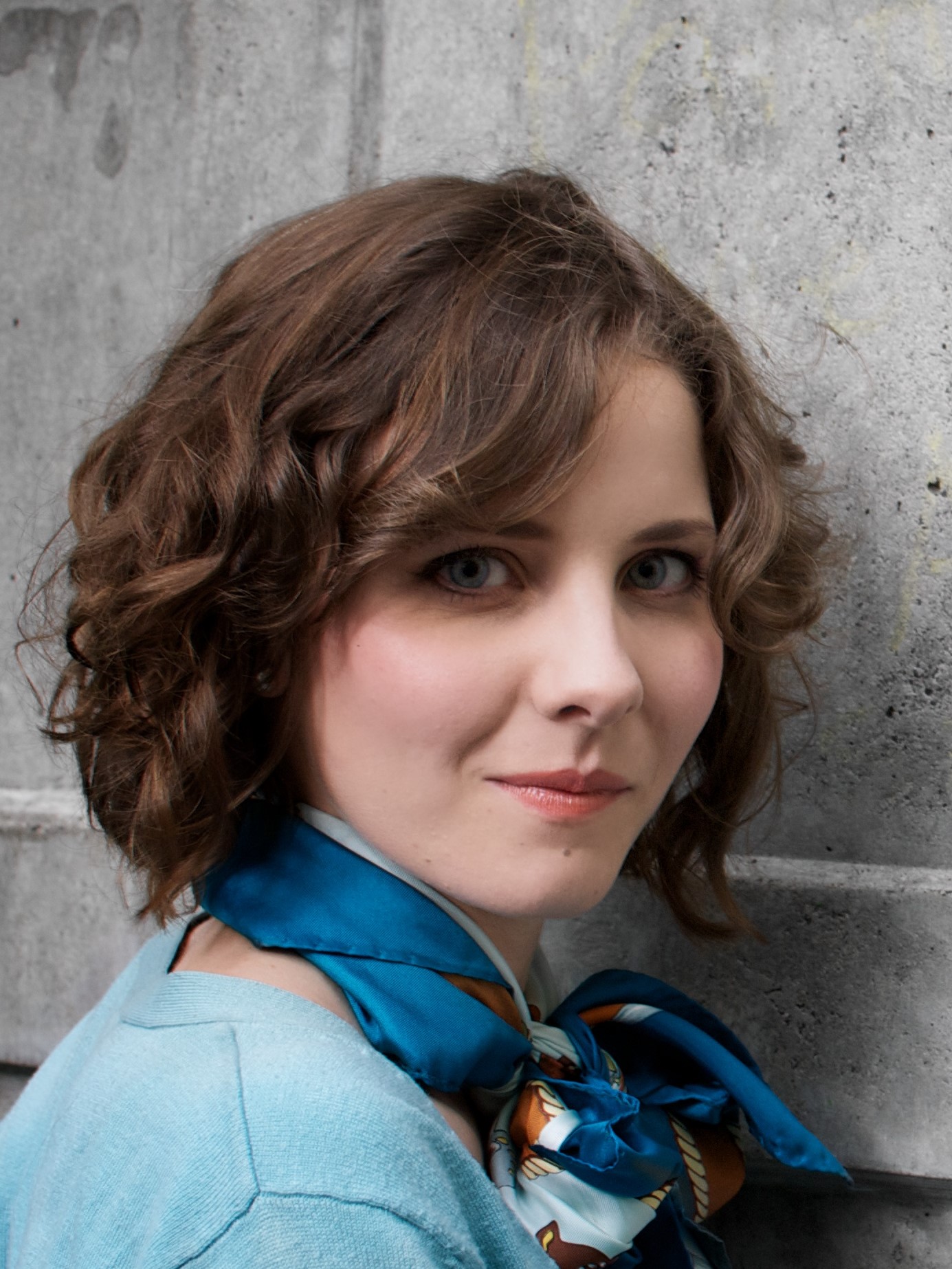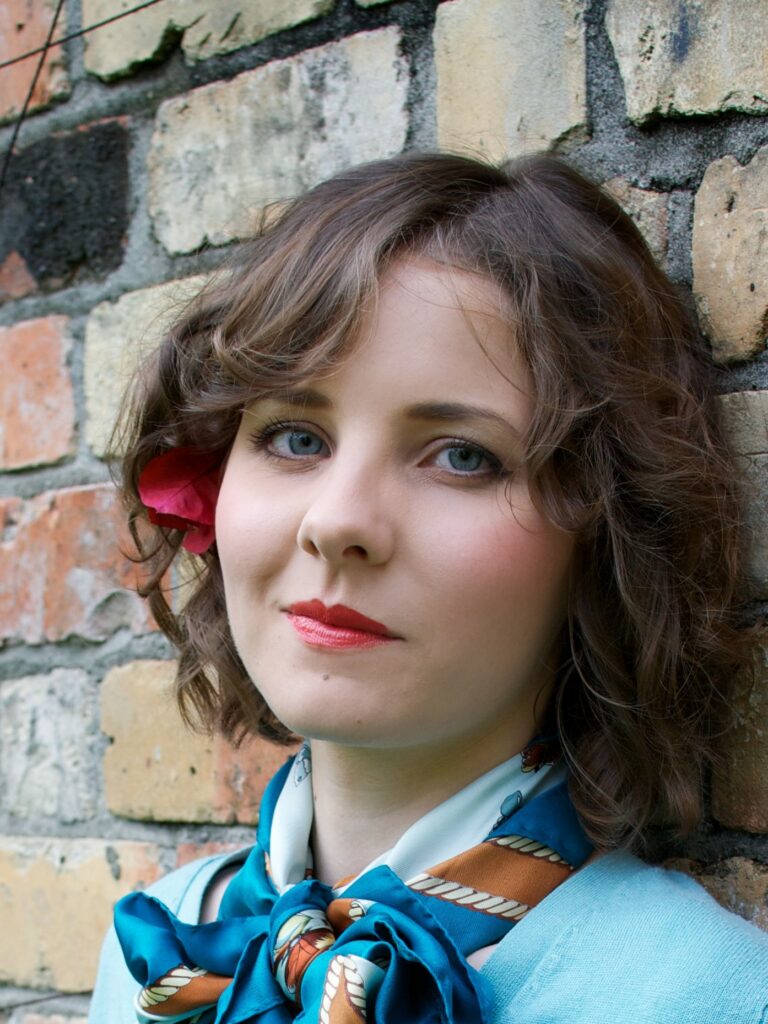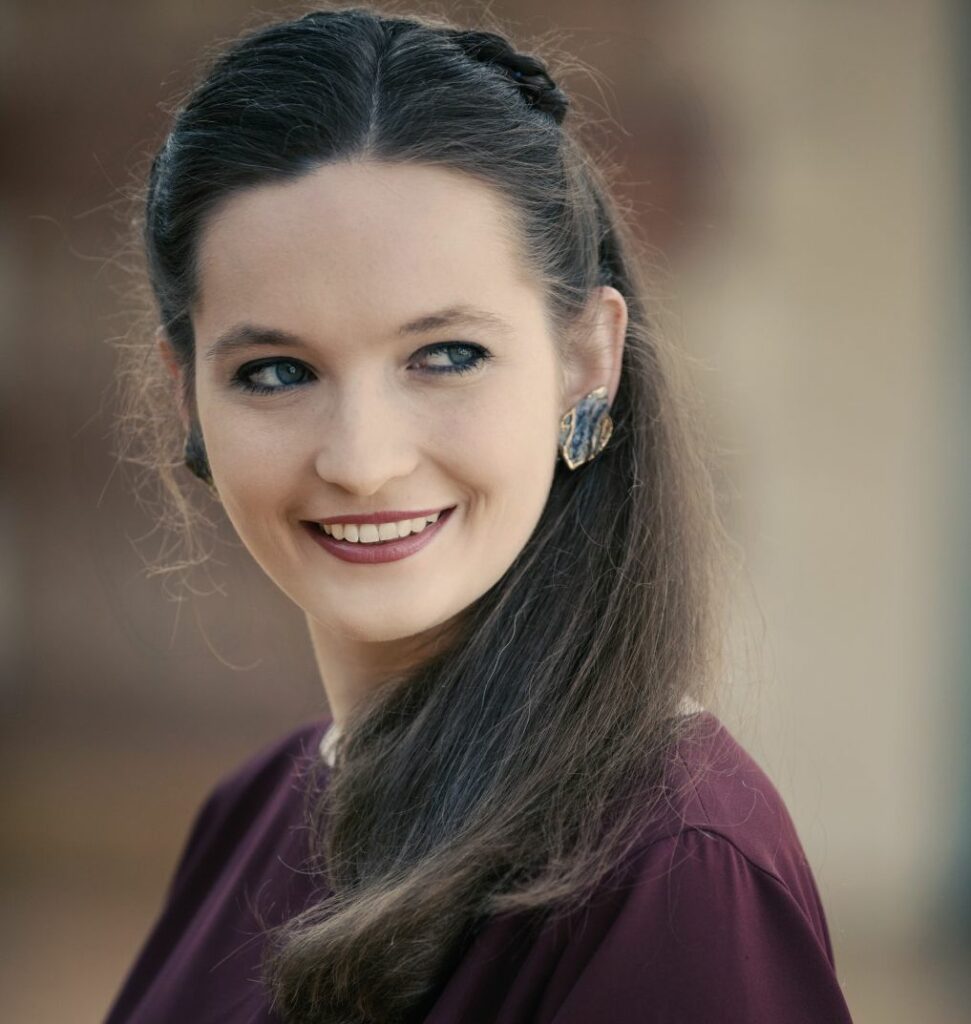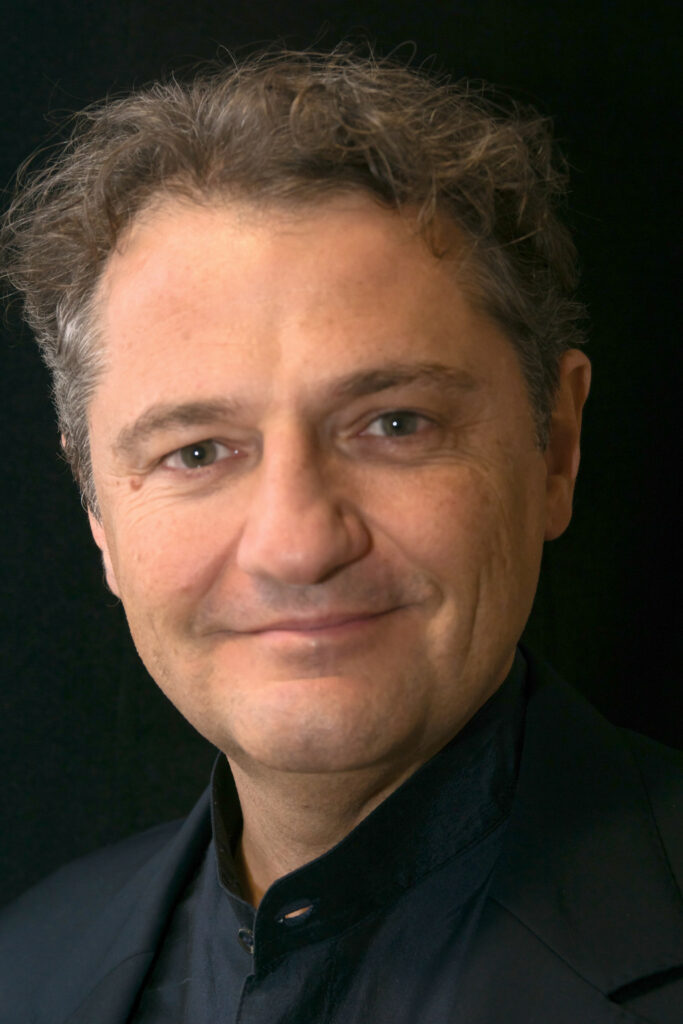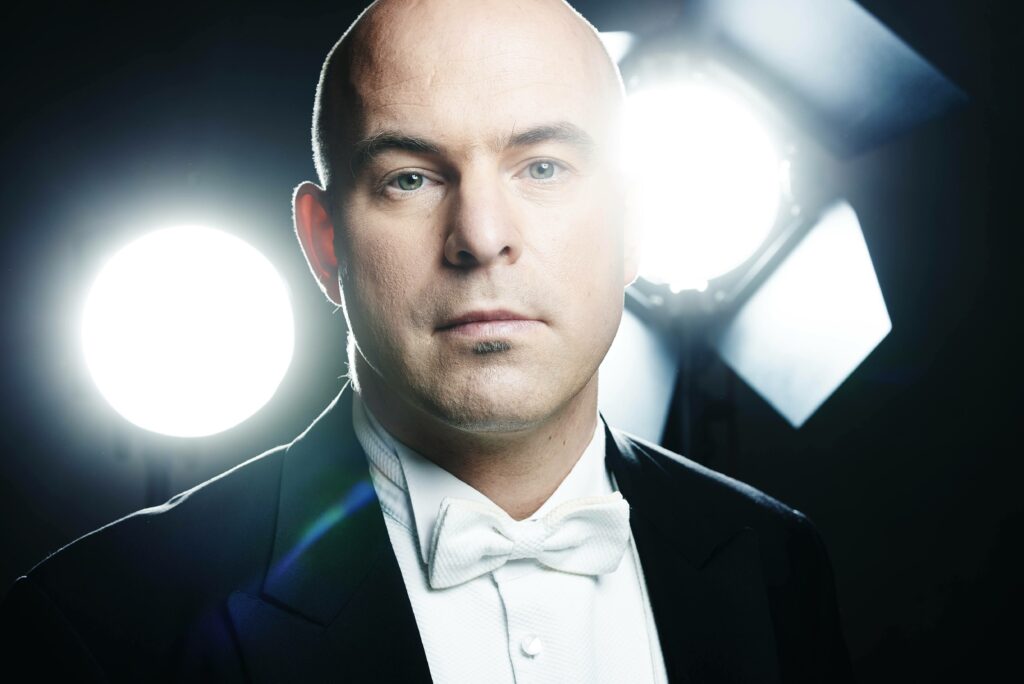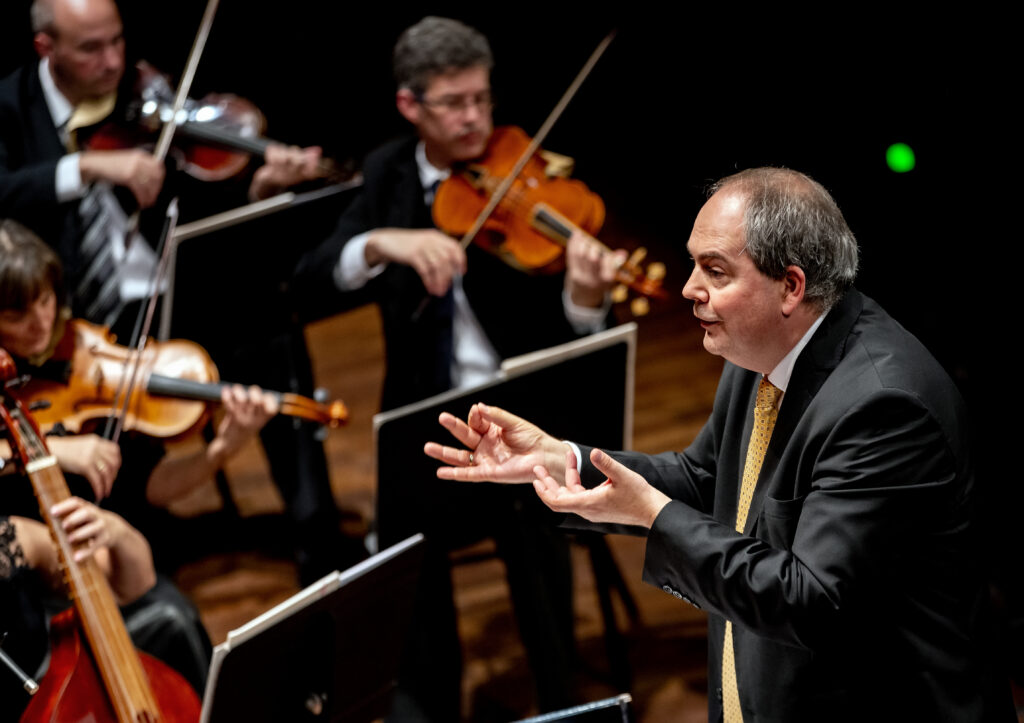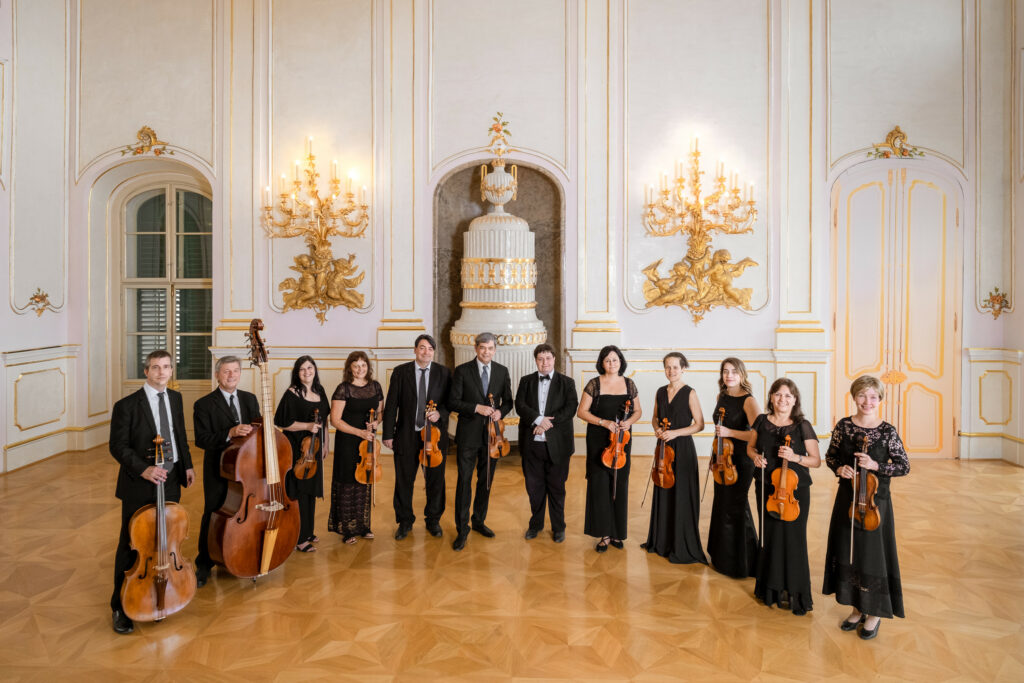The two-act L’infedeltà delusa (Deceit Outwitted), which traditionally is considered Haydn’s best comedy opera, was made – just like many other 18th century compositions – for a special occasion: it debuted in Eszterháza on 26 July 1773, the name-day of Maria Anna Lunati-Visconti, widow of Prince Paul Anton Esterházy, and then in September it was repeated in honour of the visit of Empress Maria Theresa – naturally, in the presence of the sovereign. The plot of the piece prepared for the libretto of Marco Coltellini revolves around complications in love; fickleness, disguise and deception are all evident and the purpose is not to be dictated by money, but the heart. At the core of the work, rich in extremely striking details hinting at influences of Paisiello and Cimarosa, there is the wily Vespina, whose part is demanding both in terms of acting and singing. The lead role, Vespina, is played by the superb New Zealand soprano Ella Smith, and Filippo by the Austrian tenor Bernhard Berchtold, a regular partner of Orfeo Orchestra who have enjoyed enormous success for over three decades. Szilveszter Szélpál, Adriána Kalafszky and Zoltán Megyesi who take to the stage in the other roles are all outstanding talents on the Hungarian singing scene. Conductor of the recital is György Vashegyi, founder and leader of Orfeo Orchestra, and a central figure of Hungarian period early music performance practice, who has a long and close relationship with this masterpiece of Haydn.



